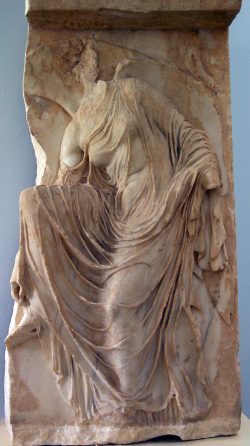Sue Blundell
Playwright & Lecturer in Classical Studies
PRODUCTIONS
The
mythology
of trees
sue blundell on happiness
PUBLICATIONS
LIVING LIKE A DOG
fitzrovia
the making and breaking of the portland vase
OTHER WRITING
LONDON LIBRARIES
finding her feet
WELCOME
Sue Blundell is a playwright and lecturer in Classical Studies. Many of her plays have been inspired by ancient myths, ideas, and objects. More recently she’s been exploring the lives of artists and composers, such as Auguste Rodin and Benjamin Britten. Interaction between actors and musicians has become a vital element in her work.
Sue wrote her PhD thesis on Greek and Roman philosophy; more specifically, on Epicurean ideas about biological and cultural evolution. She has been a lecturer in Classical Studies at the Open University, Goldsmiths, and Birkbeck, University of London, and has given irregular lectures at the British Museum. She also taught for a number of years on the Conservation course at the Architectural Association School of Architecture.
Her main area of research is the history of women in ancient Greece, and their representation in drama and the visual arts. Her other writings include work on Greek and Roman theories of evolution, Emma Hamilton’s ‘Classical Attitudes’ and their place in the 18th century Grand Tour, and the symbolism of shoes in Greek art and thought.
She has presented conference papers at universities in the UK, Europe and the US, and has been a keynote speaker on Greek footwear.
Sue is currently working on a book provisionally titled Finding her Feet: Female Footwear and its Stories. She is happy to say that she has lived in Fitzrovia, the neighbourhood in London that lies between Oxford Street and Tottenham Court Road, for over fifty years.
news
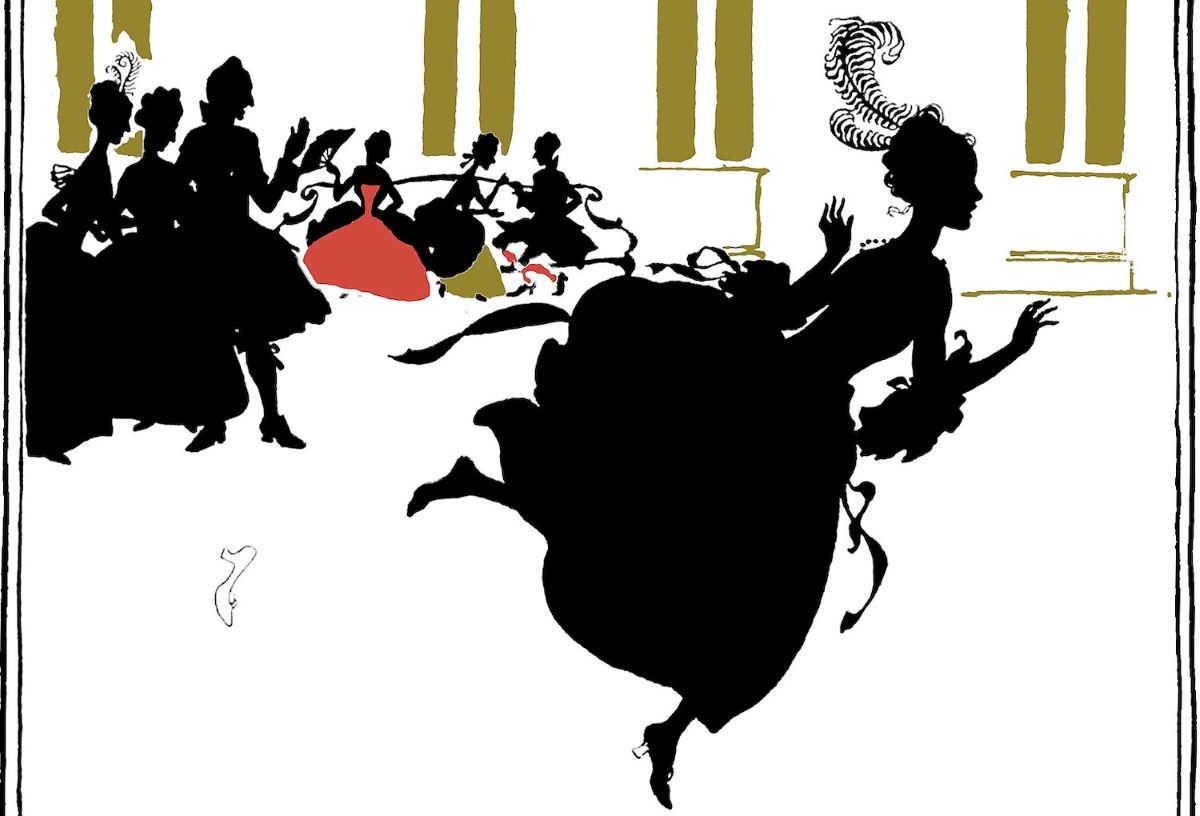
Sue submitted a proposal for her book Finding her Feet: Women’s Shoes and their Stories to a publisher in the Autumn of 2025. She should hear back soon.
🤞🤞 🤞🤞🤞🤞🤞🤞🤞🤞
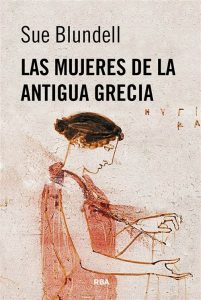
In March 2025 Women in Ancient Greece (1995, British Museum and Harvard University Press) was published in Spain by RBA as Las Mujeres del la Antigua Grecia, translated by Maria Antonia de Miquel Serra.
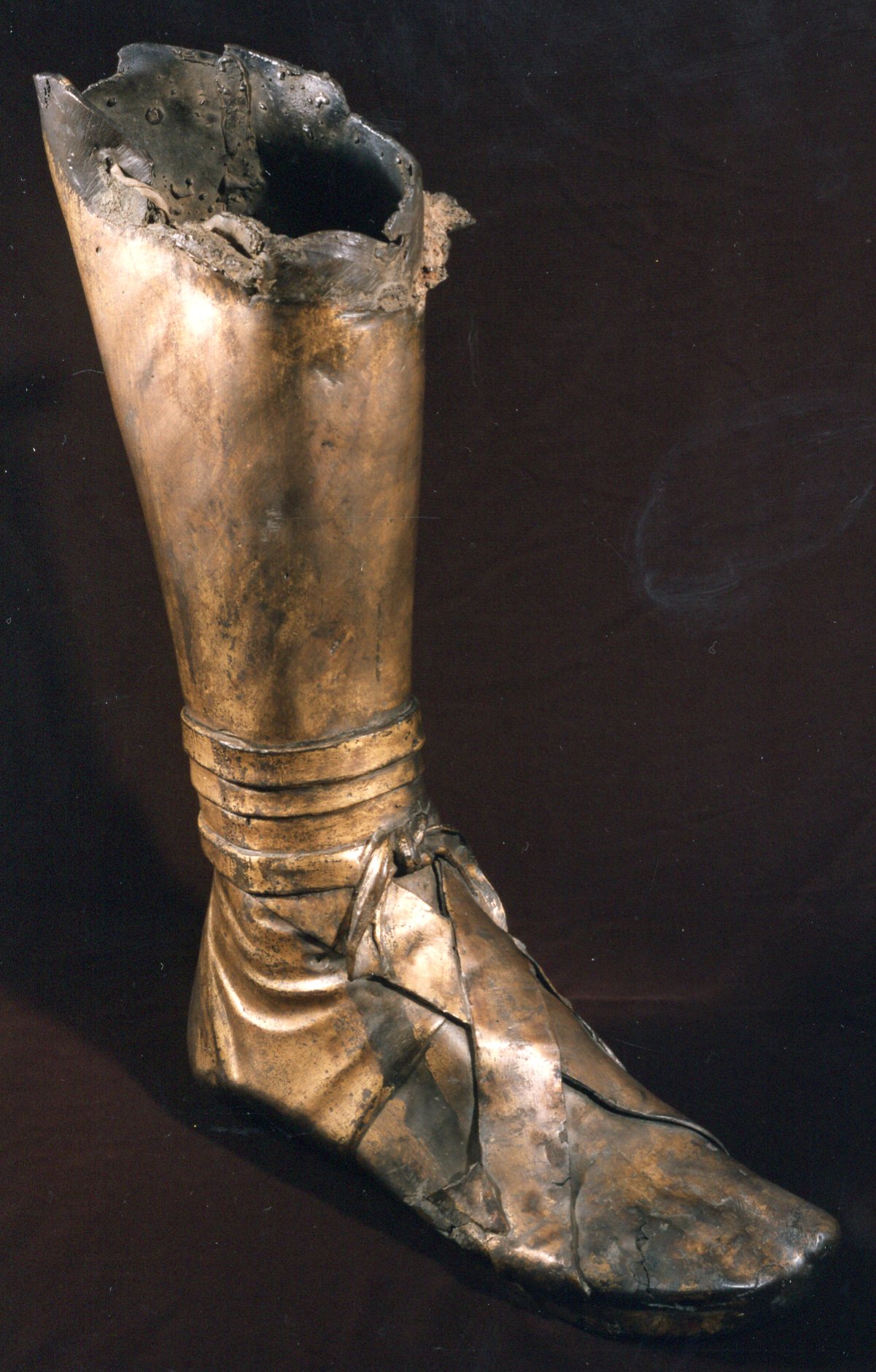
In February 2025 Sue completed her essay on Roman shoes for the catalogue of an exhibition on ‘Power-Dressing in the Roman World’ which will open at the Ny Carlsberg Glyptotek in Copenhagen in October 2026.

Sue’s new play ‘The Bridgetower Sonata’, about the black virtuoso violinist George Bridgetower, was performed on Oct 11th 2024 at St Giles Cripplegate, Fore Street, London EC2Y 8DA. With Ben Scheck as Bridgetower, Matthew Coulton as Ries, Lloyd Morris as Beethoven, Jamal Hope on Violin and Gareth Roberts on Piano. A dream team.


On 19 November 2024 Sue’s Jane Harrison lecture Collective Emotions, organised by the Pascal Theatre Company at UoL’s Senate House, was warmly received, and prompted many questions about Harrison’s beliefs, style and legacy. Her article about Harrison can be found on Pascal Theatre’s Women in 19th Century Bloomsbury page as part of their ‘Women for Women’ project.
https://www.pascal-theatre.com/biographies/jane-ellen-harrison
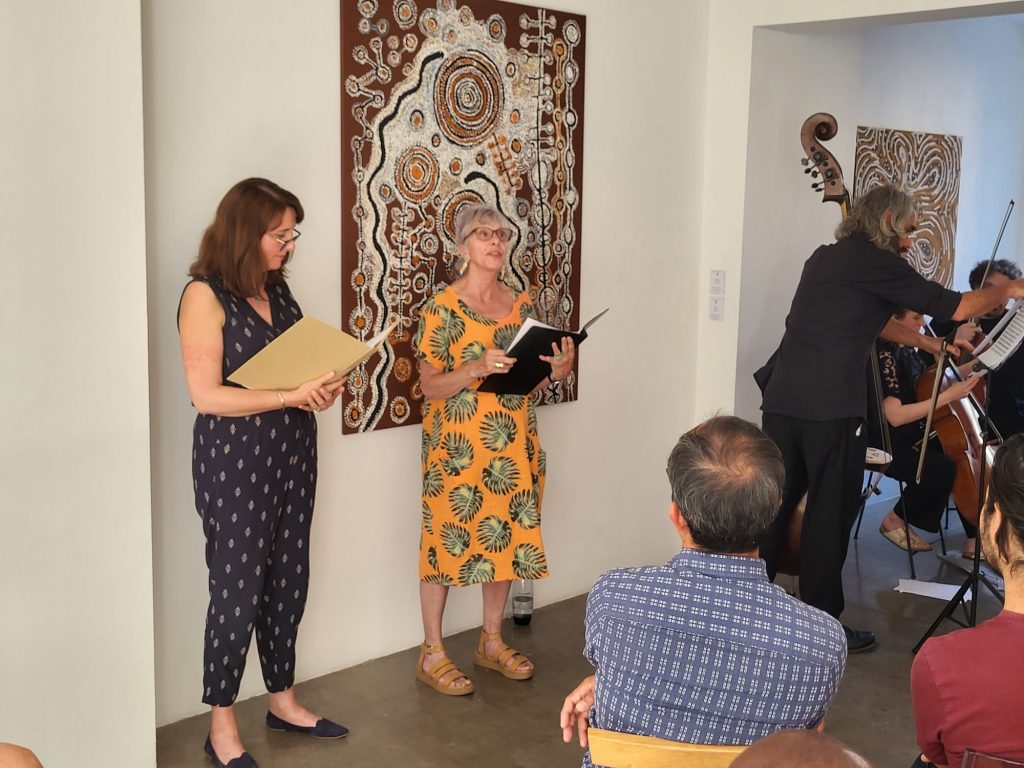
Julia Haythorn, Sue, and the Fitzrovia Arts Festival Players under Dan Bates perform Sue’s FITZROVIA IS A FOREST on 15th June 2023
According to one United Nations definition, London is now a Forest. It has more than one tree for every person living there, and 20% of it is covered by a tree canopy. Could Fitzrovia be a Forest one day too? The piece includes snippets from Shakespeare’s As You Like It, Patrick Hamilton’s Twenty Thousand Streets under the Sky, and the trial of Oscar Wilde; with guest appearances from a London Plane, a Cherry, a Maple, and a host of other trees.

Finding her Feet in Mayfair
Sue’s talk at Mayfair Library on 12th June looked at women’s shoes and their stories in London’s poshest shopping district. Ferragamo’s Invisible Sandals, the Rise of the Stiletto, and Stepping across Gender Boundaries were some of the themes explored. In the picture: a memorial to Holocaust victims in Budapest shows how shoes can be a marker of group identity.

‘A thin bark closed over her breast, her hair turned into leaves, and her arms into waving branches.’
The nymph Daphne is starting to turn into a laurel tree. The Roman poet Ovid’s account of her fate was one of the stories featured in Sue’s FITZROVIA IS A FOREST.
The painting is by Tiepolo, and is in the Louvre in Paris. Wikimedia Commons

Sue’s new play about Beethoven, Silence and Joy, Acts Two & Three, premiered on 8th April, 2022 on YouTube and is now available to watch anytime.
In 1802, when he was only 31, Ludwig van Beethoven was on the edge of despair. His doctor had advised him to spend six months in a quiet village outside Vienna, in the hope that his hearing might improve. He returned to the city knowing this would never happen.
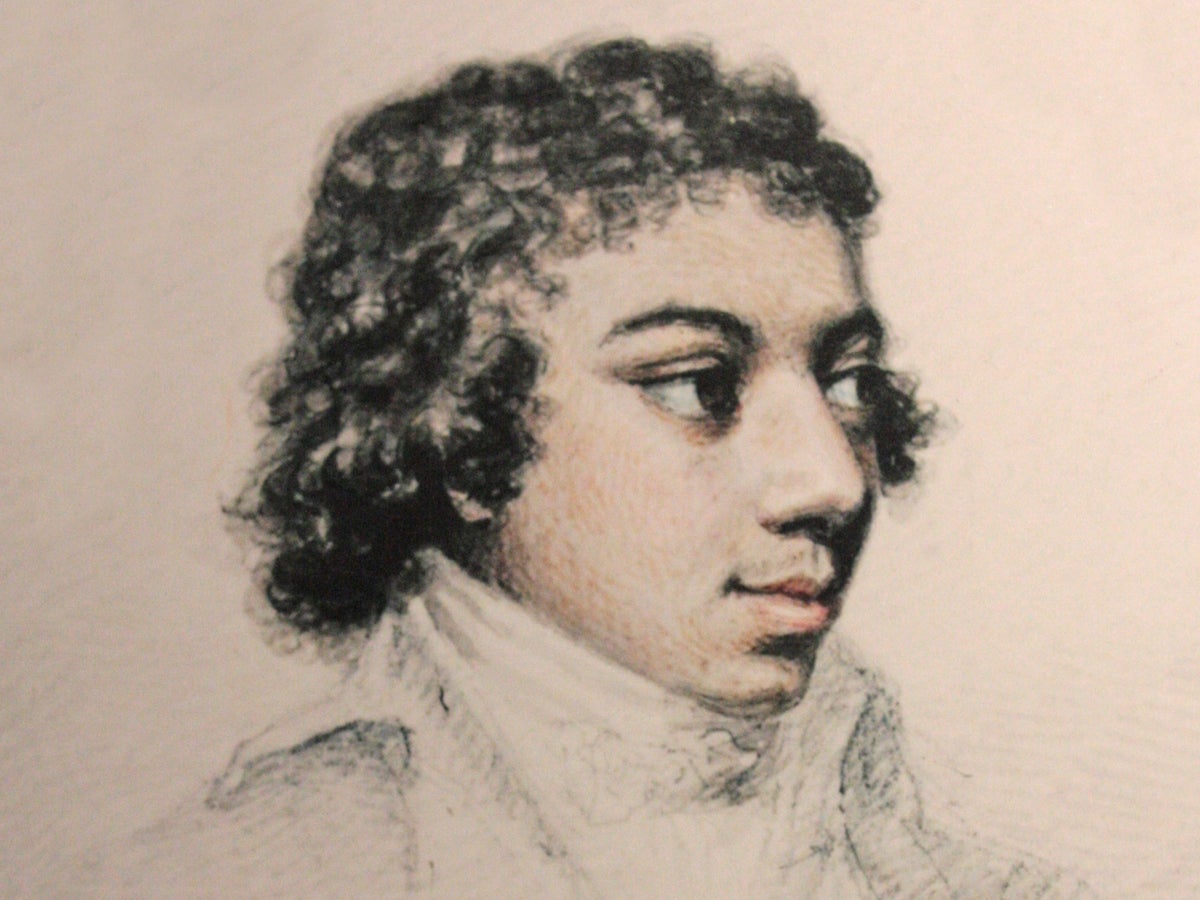
‘A little more‘, he wrote, ‘and I would have ended my life.’ But he clung on, and 18 months later the first performance of his ‘Eroica‘ Symphony took place in Vienna.
By the time he died in 1827, he was recognised as a composer whose works had changed the way we listen to music. He was also completely deaf.
ACT ONE OF ‘SILENCE AND JOY’
It’s April 1803. George Bridgetower, a young virtuoso violinist, has just arrived in Vienna.
At a reception he’s introduced to Ludwig van Beethoven, the brilliant pianist and composer whom some people are hailing as the city’s next musical genius …
Beethoven’s background makes him almost as much of an outsider as Bridgetower himself.
The violinist goes out of his way to strike up a friendship. ‘Would you compose something for me to play, Sir?’
Act One of Silence and Joy gives us a glimpse into the creative if short-lived relationship which blossomed between the musician and the composer – and a taste of the wonderful music which grew out of it.
George Bridgetower was an Afro-European virtuoso for whom Beethoven wrote his great Violin Sonata Number 9. The two men performed it together at its Viennese premiere in May 1803.
Soon afterwards a bitter row broke out between them, and Beethoven rededicated the piece to a famous Parisian violinist.
So what should have been the Bridgetower Sonata became the Kreutzer Sonata. Bridgetower and Beethoven never met again.
Now published ... Another piece on shoes
Dress in Mediterranean Antiquity. Greeks, Romans, Jews, Christians, edited by Alicia J. Batten and Kelly Olson, was published in March 2021. Sue’s chapter, ‘Stepping over the line: shoes and boundary-crossing in ancient Greece’, looks at the symbolic deployment of shoes in social and religious transitions. Warfare, civic life, marriage, sacrifice, and sexual relations are among the shoe-related activities which Sue explores.
https://www.bloomsbury.com/uk/dress-in-mediterranean-antiquity-9780567684653/
‘I’ll stay at home and go without sex … And I won’t raise my slippers to the ceiling.’ Here the women strikers in the comedy Lysistrata are listing the many sexual positions which they won’t be adopting unless their husbands make peace with the Spartans.
(Aristophanes, Lysistrata 212-29)
